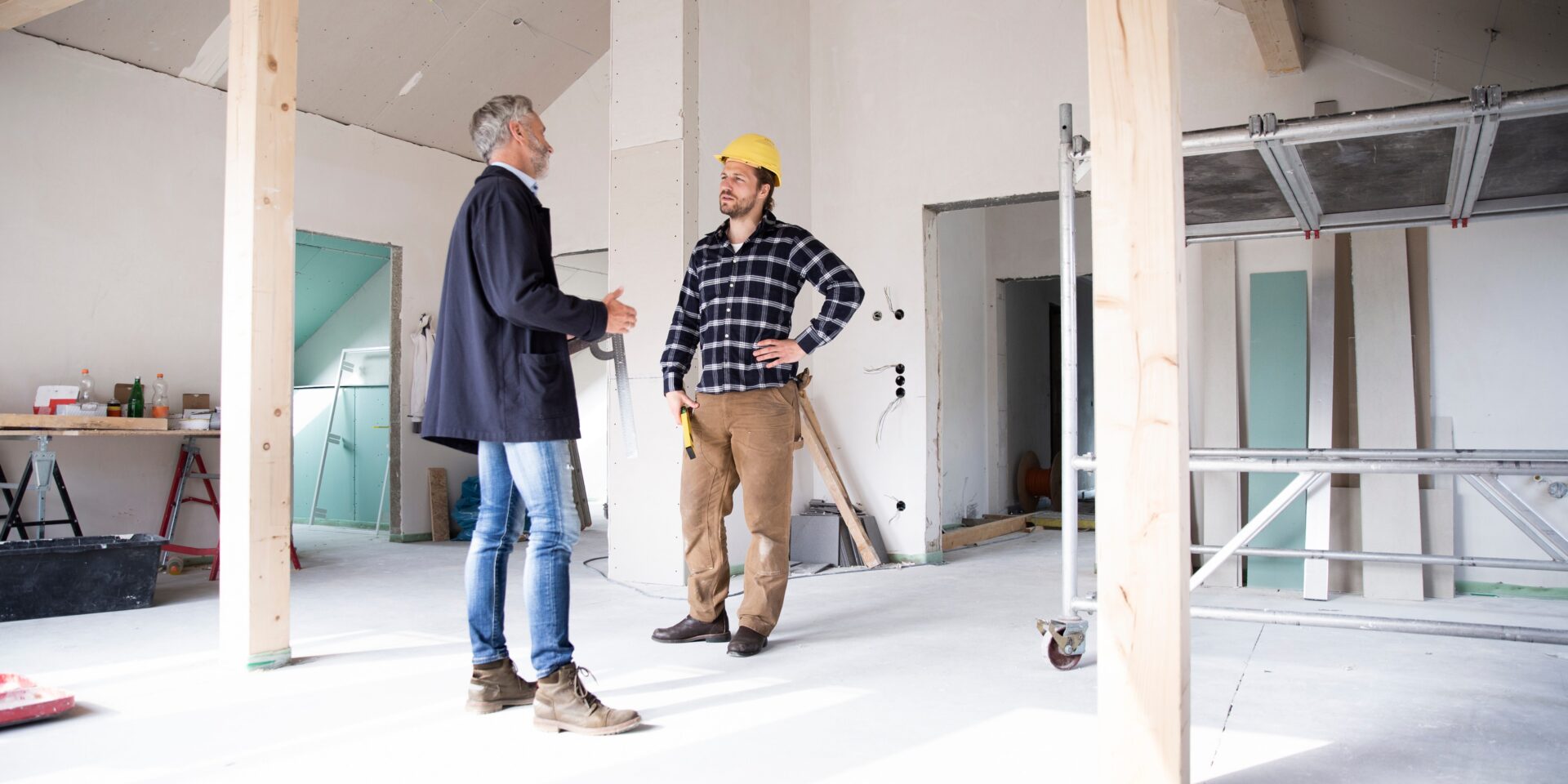Inflation Reduction Act’s Impact on 179D: Prevailing Wag...
179D – Energy Efficient Commercial Building Deduction The Internal Revenue Service Section ...

The construction industry presents a unique set of challenges when it comes to state and local taxes. The industry puts forth questions regarding the taxability of tangible personal property as well as the question of at what point tangible personal property turns into real property. In addition, the construction industry yields further uncertainty regarding exactly which party (Contractors, subcontractors, or end users) are responsible for payment of sales tax on the purchase of tangible personal property.
The main question is at what point does the transformation of tangible personal property into real property. A common viewpoint for many departments of Revenue is reflected in Oklahoma Administrative Code 710:65-19-107, which states that tangible personal property turns into real property when it’s installed into existing real property. It becomes real property once its removal would significantly affect or damage the real property. It further states that attachment to real property, contact by factors of bulk and weight, or situations where the device or appliance is needed to make a real property component functional may also be considered for the purpose of the transformation of tangible personal property into real property.
The question as to which party pays tax on purchases of tangible personal property used in the construction process can have a complex answer. Typically, in a taxable transaction, sales tax is assessed on the end user of an item of tangible personal property. In the construction industry, the appropriate party to assess the sales tax is not so straight forward. For example, in New Jersey the contractor must pay sales tax on all materials and supplies. This is unless the contractor is performing work on behalf of an exempt organization (New Jersey Division of Taxation Tax Topic, Bulletin S&U-3 Contractors and New Jersey Taxes). Also, of note in New Jersey is that the rental of construction equipment is subject to tax. This is regardless of the exemption status of the organization the work is being done for.
In New York contractors are responsible for the payment of tax for the purchase of tangible personal property at the time of purchase. However, the receipts from capital improvement contracts are not subject to tax. This means that purchasers do not have to pay sales tax to contractors that make capital improvement to real property.
Due to these differing ways in which taxes are assessed on the party, it is important to always consult a professional who is familiar with such complex state sales tax laws.
Explore our latest insights
See more arrow_forward
179D – Energy Efficient Commercial Building Deduction The Internal Revenue Service Section ...

The US R&D Tax Credit has emerged as a game-changer, offering substantial benefits to fuel th...

Overview In the wake of the AI boom, sparked by pioneers like Geoffrey Hinton, Yoshua Bengio, and...

Overview Energy Star Certification for homes was established in 1996. With changes to the 45L tax...